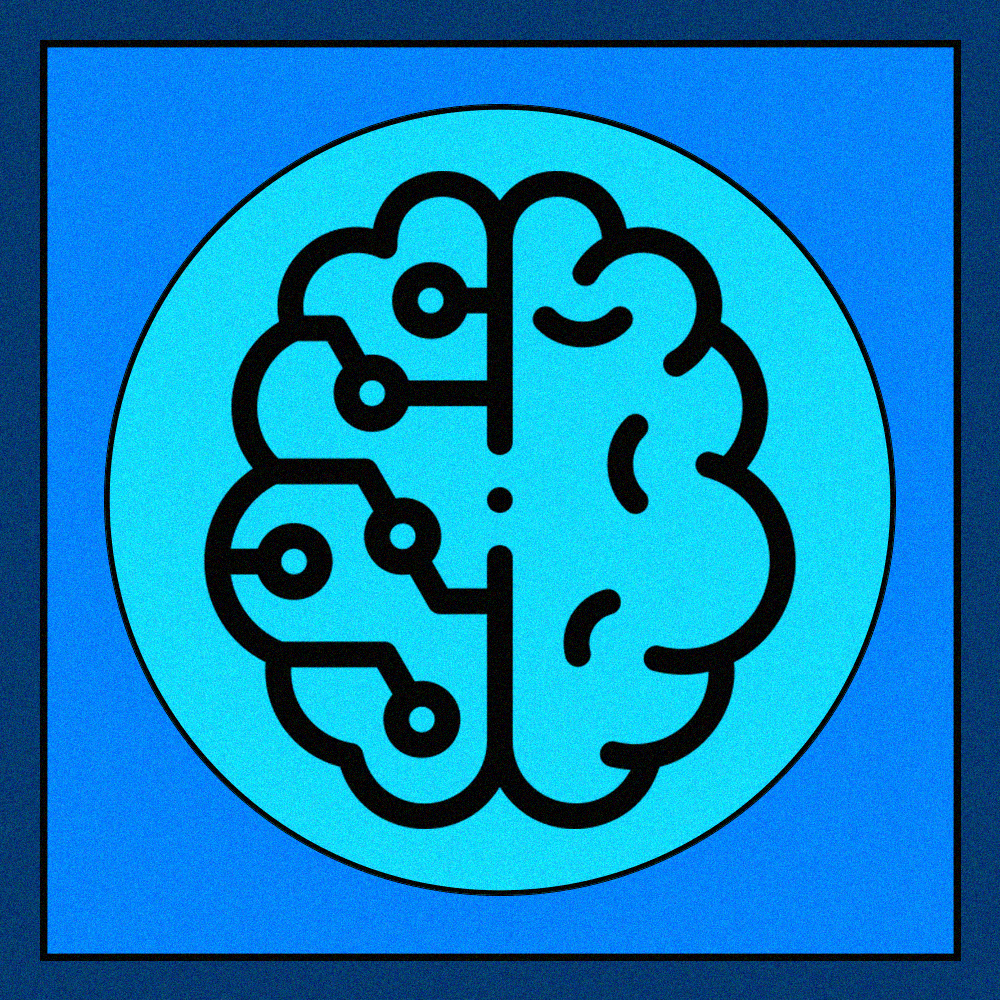Music is a universal language that connects people on a deeply emotional level. For aspiring musicians and songwriters, creating captivating melodies and lyrics can be both exhilarating and challenging. Fortunately, by understanding some psychological techniques, you can tap into your creative potential and produce better music. In this article, we'll explore several strategies that will help you unlock the full potential of your melodic mind.
If you want to learn more about Music Prudction, then become an All-Access Member.
Embrace Emotional Intelligence
Emotional intelligence plays a crucial role in writing music that resonates with listeners. It involves the ability to perceive, understand, and convey emotions effectively. As a songwriter, try to develop empathy towards different emotions and experiences. Practice putting yourself in the shoes of your intended audience to grasp their feelings and perspectives.
To harness emotional intelligence, reflect on personal experiences and translate them into melodies and lyrics. Additionally, observe the emotions of others in various situations, such as movies, books, or real-life events, and use them as inspiration for your music.
If you want to make music that connects with people across cultures, ages and make it truly universal, then your music must be a reflection of your real artistic goal; not something you think the audience wants to hear, but what YOU want to hear.
Utilize Mood Boards
Mood boards are visual collections of images, colors, and textures that evoke a specific mood or atmosphere. While they are commonly used in visual arts, they can be just as effective in music creation. Create a digital or physical mood board with pictures, words, and symbols that represent the emotions and themes you want to convey in your music.
Whenever you feel stuck or need inspiration, refer to your mood board. It can serve as a powerful trigger to access the appropriate emotions and dive into the creative flow.
You can also try choosing a beautiful photograph or painting, and imagining what the soundtrack to that scene would be, or what emotions and moods it evokes for you.
Harness the Power of Repetition
Repetition is a potent psychological tool in music. When listeners hear a catchy melody or a memorable lyric multiple times, it tends to stick in their minds. Embrace repetition strategically in your compositions to create hooks and memorable motifs. However, be cautious not to overuse it, as too much repetition might lead to monotony.
You can also apply repetition to Musical Mindfulness Techniques. If you're a meditator, try meditating before beginning your session. It can help clear your mind of the buzz of everyday life, and allow you to focus on your music with full concentration.
In fact, any kind of repetition is great for improving your musicality; practice daily (but don't put too much pressure on yourself, as this can lead to stress and negative associations with your art); critically listen other artist's music to both work out what they are doing, and to train your ears; and get into habits of finishing tracks.

Break Down Creative Barriers with Mindfulness
The creative process can sometimes feel blocked by stress, anxiety, or distractions. Practicing mindfulness can help you break down these barriers and connect with your creative core. Engage in mindfulness exercises, such as meditation or deep breathing, to focus your mind and alleviate any mental clutter.
Through a mindful meditation practise called Noting, you can learn to reduce the volume of unwanted thoughts and distractions, leading to greater focus, and improved esteem. When meditating, each time your mind floats away with a thought, when you realise that you have drifted, gently bring your focus back onto an element of your physical body, such as your breath, or the feeling of your body touching the surface you're on, and make a mental note of: what the thought was; whether it was negative or positive; and whether it was a thought or feeling. This practice has been clinically proven to reduce the number of anxious, negative and intrusive thoughts - so you can apply it to other areas of your life, not just anxiety!
Mindfulness also encourages you to be present in the moment, allowing you to notice subtle emotions and ideas that can enrich your music.
Collaborate and Seek Feedback
Music creation doesn't have to be a solitary endeavor. Collaborating with other musicians or seeking feedback from peers can open up new perspectives and ideas. Working with others allows you to tap into their creativity, learn from their techniques, and experiment with different styles.
Be open to constructive criticism and embrace feedback as a valuable tool for growth. Use the feedback to refine your work and enhance the emotional impact of your music.
Being part of a Community of Musicians can do great things for your creativity and motivation. There are many online groups you can join on Social Media platforms, where you can share, give and receive feedback. Going out to clubs and venues is also a great way to meet other musicians in person.
We have a great Community of our own here at Producertech where you can meet like minded musicians and collaborate, get feedback, and take part in competitions. You can join by becoming an All-Access Member.

Conclusion
Writing better music goes beyond technical proficiency; it involves understanding the psychological aspects that drive human emotions. By embracing emotional intelligence, utilizing mood boards, employing repetition, practicing mindfulness, and seeking collaboration and feedback, you can elevate your music to new heights.
Remember, music is an ever-evolving journey of self-discovery and expression. Embrace these psychological techniques as stepping stones on your creative path, and continue to explore the vast landscape of your melodic mind. Happy composing!
If you want to learn more about Music Prudction, then become an All-Access Member.

